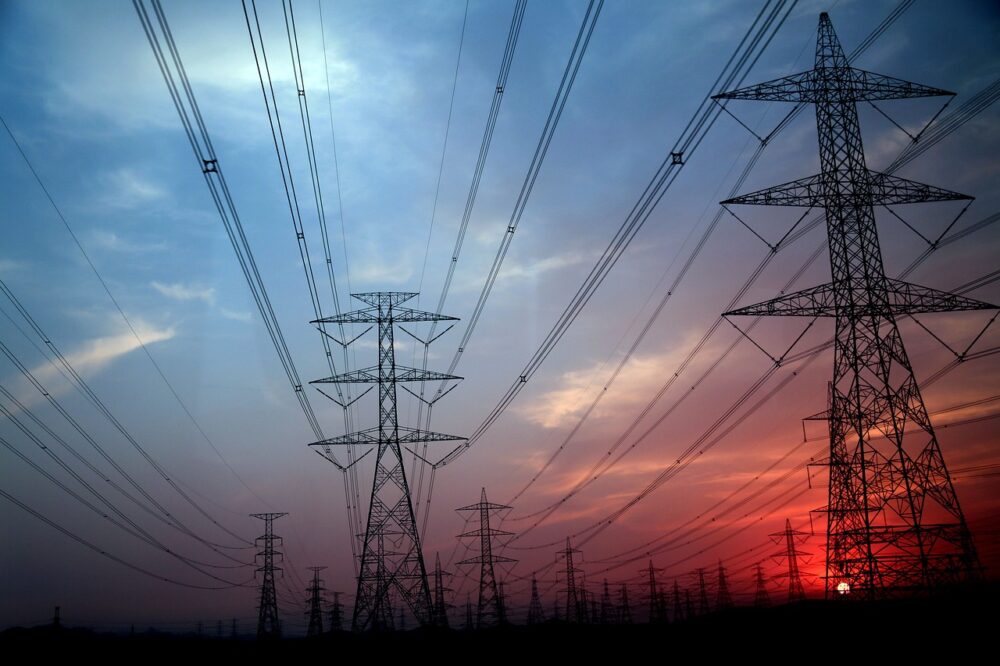
Ofgem has revealed it is in talks with the UK energy sector over opportunities for a “green recovery” beyond the ongoing coronavirus crisis.
Speaking at the Confederation of British Industry’s (CBI) Achieving Net-Zero conference, Jonathan Brearley, CEO of the UK government’s regulator for gas and electricity markets, said the focus throughout the pandemic has been ensuring the country’s energy systems have been reliable and secure.
But, as Britain looks to reach legally-binding net-zero emissions target by 2050, the nation will have to ramp up its climate efforts to achieve that ambition.
Brearley said: “Ofgem is already beginning to talk to the sector about green recovery, how do we get investment moving, and how do we make sure we have not only a great path to our climate goals, but one that is really supportive of the economic recovery we’re all going to need to make.
“The biggest challenge for us as the regulator and for the sector is that things are moving at pace.
“We’re seeing technological changes that are accelerating, such as transport with electric vehicles, different ways of heating our homes and when we look at all the systems that are going to integrate to make that as efficient as possible.
“We in the sector need to move faster to meet that challenge and what Covid has shown me is that if we work together in the right way that is possible. What we need to do is protect customers’ interests and get the investments in place that we need.”
Energy companies are ‘going to be fundamental to the transition’
If the UK is to reach net-zero emissions in the next 30 years, it is clear that innovation and collaboration among key sectors is going to be crucial.
Brearley believes the country has a group of “well-resourced, thoughtful and innovative” energy companies that are “going to be fundamental to the transition”.
“I accept that we as a regulator and with government need to be more innovative,” he added.
“This is not a change that is really about managing a steady state, it’s about going to a very different kind of system.
“The more we can work together, the more we can share our expertise, the more successful I think we’ll be in doing so.”
Ofgem has made it clear that it sees net zero as ‘fundamental’
Recent decisions by Ofgem, such as the draft determinations for its Revenues, Incentives, Innovation and Outputs (RIIO) model and its embedded benefits payments, have come under fire.
Introduced in 2013, the RIIO-1 aims to ensure the monopoly companies that run the UK’s gas and electricity networks have enough revenue to run an efficient network that delivers what customers need.
With the first stage due to finish in 2021, the draft determinations for RIIO-2 have been submitted.
But businesses and the National Grid, the energy system’s operator, have claimed the latest decisions will have significant negative impacts not just on energy infrastructure deployment but on infrastructure investment, prospects, jobs and the country’s climate ambitions.

In responding to those concerns, Brearley said Ofgem has made it clear that it sees net zero as “fundamental”.
“We are in a regulatory process for RIIO-2 and that really is about setting the revenues and the rate of returns for companies,” he added.
“There is always going to be robust discussion at this point in time. My background was in setting some of the renewables incentives and we had the same discussion there.
“But we have been incredibly successful in renewables – particularly with offshore wind, where we have seen prices drop dramatically and have a new, innovative and very exciting world-leading sector coming out of the UK.
“I would like to see the networks in that space and see us delivering value for customers, being as innovative as we can and efficient in the way we use our assets.”
UK energy system’s picture has changed ‘dramatically’
Although the transition to cleaner technologies brings forward several opportunities for emerging sectors, some of Britain’s oldest industries look almost certain to have a bleak future ahead of them.
Brearley said he “can’t see a world where we don’t have winners and losers” and believes you can see the pattern emerging already.
“When I first got involved in climate change policy, we had quite a lot of coal on our system still and there was a lot of debate about what would happen to coal and what the economic interest were there,” he added.
“Clearly the picture has already quite dramatically changed and I do expect that to continue.
“But, where things are going to be difficult for some companies, there are huge opportunities for new generation and new services we didn’t even imagine would be around 15 years ago.
“For example, the use of batteries and the way we use our energy very differently – which means there’s big opportunities as well as big risks for some companies.
“All I would say is the more we can work together, the more we get clear on our direction, the easier it will be for investors to make those trade-offs and decide where they should be placing their money.”






